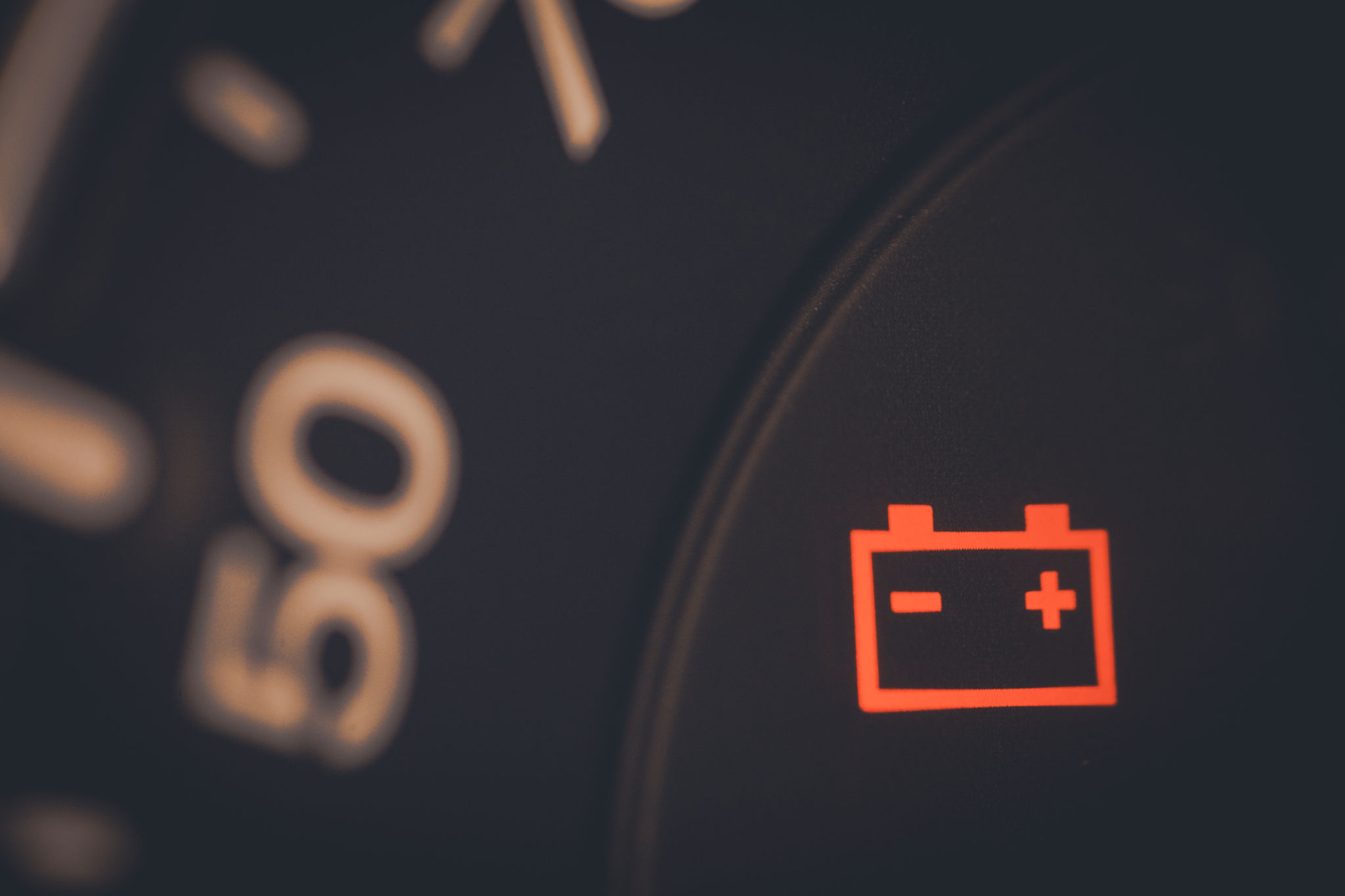Myth-Busting Common Misconceptions About Car Dashboard Lights
Understanding Car Dashboard Lights
Car dashboard lights are an essential part of your vehicle's alert system, providing important information about your car's performance and safety. However, there are many misconceptions surrounding these lights that can lead to unnecessary panic or, conversely, complacency. In this post, we aim to clarify common misunderstandings about dashboard lights to help you navigate them more effectively.

Myth: All Dashboard Lights Indicate a Serious Problem
One of the most common myths is that all dashboard lights signal a serious issue. While some lights indicate critical problems requiring immediate attention—such as the engine warning light—others might simply alert you to less urgent issues. For example, the low fuel warning light is simply a reminder to refuel soon, not an immediate cause for alarm.
It's important to familiarize yourself with your vehicle's manual, which provides detailed information on what each light signifies. Understanding these can help you differentiate between minor alerts and those that need urgent action.
Myth: Ignoring a Dashboard Light Will Make It Go Away
Some drivers believe that ignoring a dashboard light will cause it to disappear, especially if the car seems to be running fine. This is a dangerous misconception. Ignoring a warning light can lead to further complications and potentially costly repairs. It's always best to address the issue as soon as possible, even if the car appears unaffected.

Myth: A Flashing Light Is Always More Urgent Than a Solid Light
Another common belief is that a flashing dashboard light always indicates a more critical problem than a solid one. While this can be true for certain lights, such as the check engine light, it’s not a universal rule. Each light works differently, and sometimes a solid light can signal an urgent issue requiring immediate attention.
Again, consulting your vehicle's manual or a professional mechanic for guidance is crucial when faced with unfamiliar dashboard lights.
Myth: You Can Diagnose Any Issue with Dashboard Lights
While dashboard lights are helpful in alerting you to potential issues, they don't provide comprehensive diagnostics. They indicate that there is a problem but often require further investigation to pinpoint the exact cause. Relying solely on these lights without proper diagnostics can lead to incorrect assumptions and improper fixes.

Myth: All Cars Have the Same Dashboard Lights
Some drivers assume that all vehicles have the same dashboard lights and meanings, but this is not the case. Different manufacturers may use different symbols and indicators, and even similar symbols might have varying meanings depending on the make and model of your vehicle.
This variance highlights the importance of reading your car's manual and understanding the specific dashboard indicators for your vehicle. It will ensure you respond appropriately to any alerts.
Conclusion: Stay Informed and Proactive
In summary, understanding and correctly interpreting your car's dashboard lights can save you time, money, and stress. By dispelling these common myths and educating yourself about what each light means, you can avoid unnecessary panic or oversight. Always consult your vehicle's manual or seek professional advice when in doubt to keep your car running smoothly and safely.
